Over the course of the summer, the CFM Blog is featuring posts based on sessions called out in this year’s Guide to the Future at the Alliance Annual Meeting. Today we hear from Naomi Coquillon, Manager, Youth and Teacher Programs in the Department of Education and Interpretation at the National Museum of American History (NMAH). Naomi shares some of the content from the session On the Road, about professional development for K-12 educators, based on her experience developing the NMAH’s A. James Clark Excellence in History Teaching Program.
As NMAH developed its new teacher training program, my colleagues and I worked with communities in eight states between January 2012 and July 2013, and I talked with curriculum supervisors and social studies coordinators in many more communities as I recruited participants. Over the course of that year and a half, the increase in the emphasis on Common Core in districts nationwide has been striking. When NMAH started our program, Common Core was a nice addition to our presentations. Now Common Core State Standards have been adopted as official guidelines for teaching and learning in all but five states and Puerto Rico, and it is necessary to begin any conversation about professional development with an outline of the content’s relationship to the Common Core. In recruiting teachers for our local “Teach-it-Forward” Institute, a majority of candidates wrote that they were registering for the training in order to learn best practices in the textual analysis and research skills outlined in the Common Core. This is an exciting time for museum educators working with a K-12 audience, as the educational approach used in museums is already in alignment with the Common Core.
Common Core Standards emphasize the use of original sources, close examination of text and other materials, and exploration of multiple perspectives. They encourage student-centered, inquiry-based learning in which students formulate and articulate independent responses to prompts. This focus on informational literacy skills and argumentation is central to the work of historians, who read a variety of texts across various media, and compare conflicting accounts in order to create an argument about the past. This approach also aligns with the National Museum of American History’s public programming goals to spark dialogue about the past through intriguing questions. As part of our work, staff at NMAH are clarifying the relationship between our approach and the skills in the Common Core, creating “historical investigations” in addition to comprehension based-activities, and thinking more about how we can demonstrate our value in a Common Core world. We see this as an opportunity for NMAH to help teachers align to the standards in creative and engaging ways.
Here are a couple of starting points if you want to deepen your investigation of how museums are adapting to the Common Core standards:
- This post from the Brooklyn Historical Society shares lessons on Common Core for museum educators from a New York City Museum Education Roundtable session in 2011
- These video presentationsshare content from a 2012 symposium cohosted by the Los Angeles Museum of Contemporary Art and the LAUSD Arts Education Branch on “Creativity and the New Common Core Standards”
At our session in Baltimore, my colleagues Katie White Walters of Rockman et al, Megan Smith of the Buffalo Bill Center of the West, and I also discussed what teachers want from professional development; how we extend our reach to K-12 students and teachers using Skype (especially Skype in the Classroom) and Vidyo for workshop and classroom presentations; and how we invite workshop participants to “teach-it-forward” with follow up sessions and training.
Here are some of the major takeaways about creating teacher workshops outlined in our session:
- Give teachers the gift of time to process and collaborate with peers during workshops.
- Treat teachers and districts like guests. Consider how to provide fees for substitute teachers if a presentation is during a school day
- Collaborate internally to bring the best of the whole museum to workshops
- Focus on strategies for teaching as much as demonstrating resources
- Know our strengths and our weaknesses, and find partners to build a stronger program.
Mark Moore, Coordinator for the Office of Instructional Technology from the West Virginia Department of Education, who was unable to join us at the conference, provided this video for our presentation about what teachers want in workshops, speaking from his perspective as an educator but also as a professional developer himself. If you want to hear the full session, you can purchase a recording here.
I’d love to see (or do!) a session for the next AAM meeting about how museums are articulating their value to schools within the framework of Common Core and addressing standards in their work. If anyone else is interested in collaborating on a session like this, please use the comment section, below, to get in touch with me!

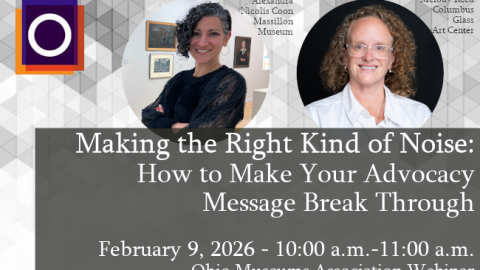
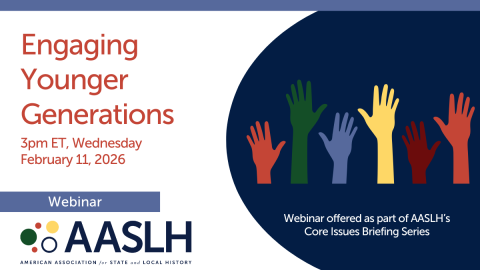
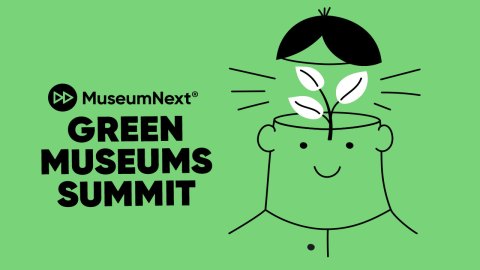
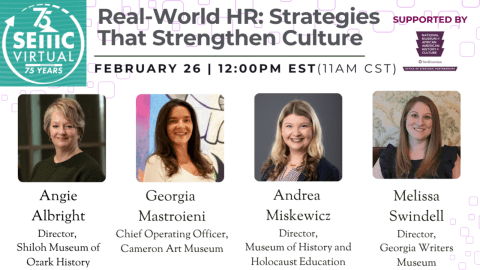
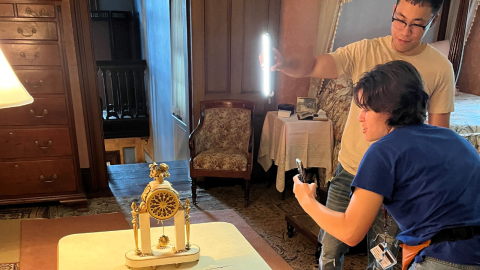
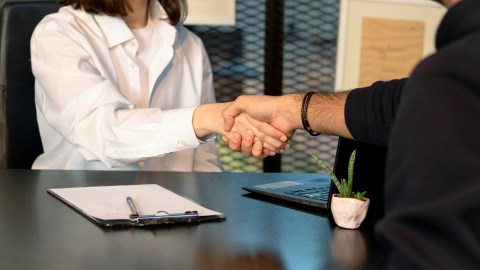
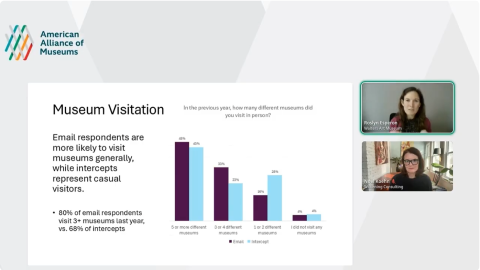
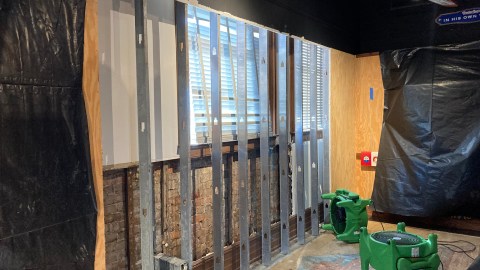
Naomi,
I support K-12 educator programming and resource development at an art Museum and would be very interested in connecting to compare ways we are addressing the Common Core.
Best,
Claire Moore
Feel free to email me at claire.moore@metmuseum.org
Naomi,
I'm working with an Aquarium on a 2 year project on aligning/redesigning their education programs to meet Common Core and also Next Gen Science standards. Would be interested in talking with you about this topic and comparing notes.
Feel free to email me at claudia@museumpartnersconsulting.com
Claudia Ocello
The Bay Area Discovery Museum's Center for Childhood Creativity is training all of San Francisco Unified School District's PreK teachers on how to apply creative thinking techniques to the Common Core. Details here: http://www.centerforchildhoodcreativity.org/educators/the-building-blocks-of-creative-thinking/
And we'd love to talk about joining an AAM session!
I would be interested in working with you. I am an Arts Program Specialist in the Charter Schools Office at Grand Valley State University with many years of experience working as a Museum Educator.
We are working on restructuring our K-12 school programs to meet common core standards. Although we are starting with K-5th it is all through the lens of common core. I would also love to be part of this discussion and possible session. One facet we are getting a little backlash is from our docent core- this alone would make for an interesting discussion.
Kaci Kelly, Community Programs Coordinator at the Columbus Museum, Columbus, Georgia- kkelly@columbusmuseum.com
It's great to see so many thoughts and projects related to Common Core! I'm following up individually with those interested in the AAM session, and anyone specifically interested in that can email me at coquillonn@si.edu, but I hope folks will keep sharing their ideas and experiences here.
Naomi,
It would be interesting to see how the ideas in your History program could be adapted to art museum collections. As your neighbor on the Mall, I will be contacting you.
Many thanks for your blog post.
Hi Naomi,
Our institution would be very interested in working on a panel session with you.
I manage all of our outreach educational programs at the Autry museum in Los Angeles and as a department, we have particularly been looking at how museums can assist K-12 teachers with the transition to Common Core. One of our outreach programs was specifically designed with this in mind and focuses on integrating Common Core Standards with state content standards using an inquiry-based approach.
We work with 3 school districts in Los Angeles and provide professional development training for K-12 teachers.
We would love to assist in putting together a panel session for AAM. Please feel free to email me at rharding@theautry.org.
Best Regards,
Rebekah Harding